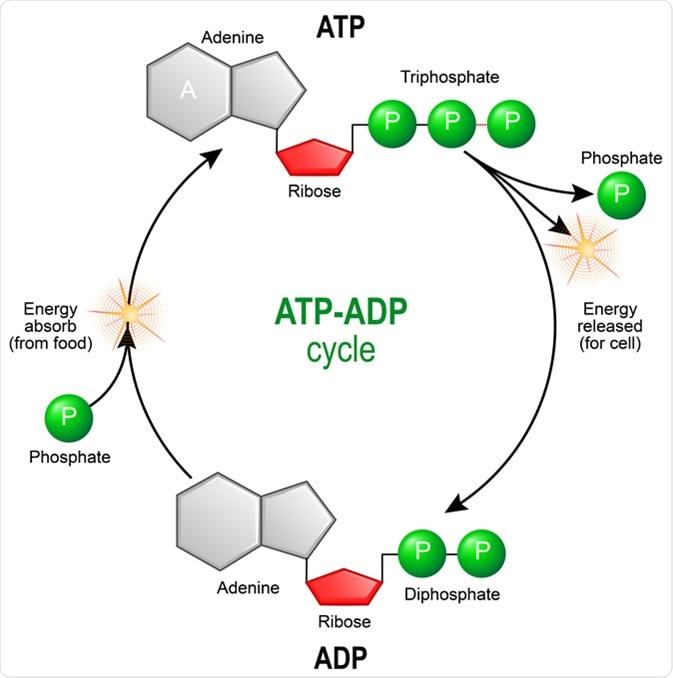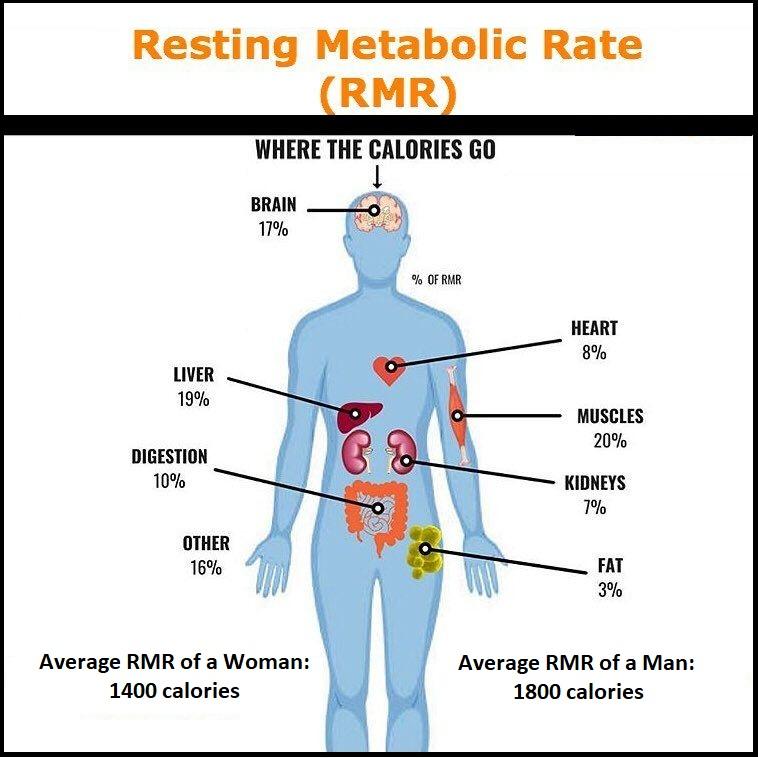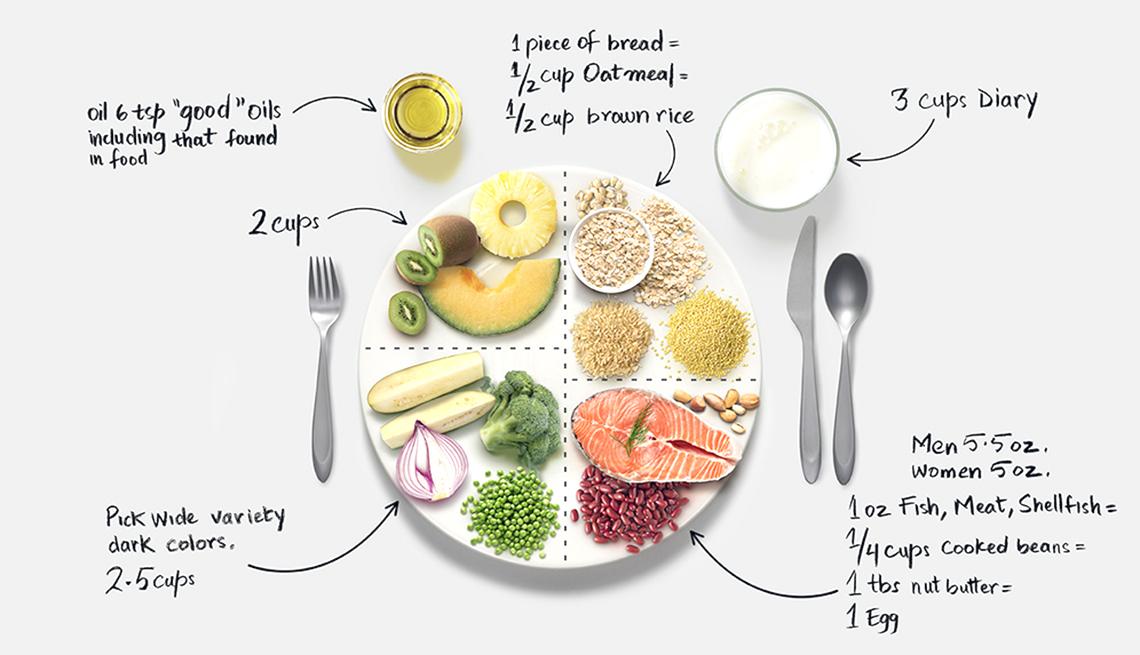In the quest for a healthier lifestyle, understanding the pivotal role of metabolism can be your secret weapon. Metabolism is more than just a buzzword; it’s the engine that drives your body’s ability to burn calories and utilize energy efficiently. By strategically choosing the right foods and adopting mindful eating habits, you can significantly enhance your metabolic rate and, in turn, boost your body’s calorie-burning capacity. In this guide, we will delve into the science of metabolism, explore nutrient-rich foods that ignite your internal furnace, and provide practical tips to seamlessly integrate these choices into your daily routine. Prepare to embark on a transformative journey towards a more energetic and vibrant you, armed with the knowledge to eat smarter and revitalize your metabolism.
Understanding Metabolism and Its Role in Weight Management
Our metabolism is like a well-oiled machine, constantly at work converting the food we eat into energy. To enhance this natural process and burn more calories, it’s crucial to make smart dietary choices. Here are some key strategies to rev up your metabolic engine:
- Prioritize Protein: Including more protein-rich foods in your diet can significantly boost your metabolic rate. This is because protein requires more energy to digest, absorb, and process compared to fats and carbohydrates. Consider incorporating lean meats, eggs, legumes, and nuts into your meals.
- Stay Hydrated: Drinking enough water is essential for optimal metabolism. Studies suggest that even mild dehydration can slow down your metabolic rate. Aim for at least 8 cups of water a day, and consider a glass of cold water before meals to give your metabolism a little kick.
- Embrace Small, Frequent Meals: Eating smaller, more frequent meals can keep your metabolism humming throughout the day. This approach helps to stabilize blood sugar levels and reduces the likelihood of overeating.
- Spice It Up: Adding spices like cayenne pepper, ginger, or turmeric to your meals can have a thermogenic effect, which means they temporarily boost your metabolic rate. Don’t shy away from adding a little heat to your dishes!
- Don’t Skip Breakfast: A nutritious breakfast jumpstarts your metabolism after a night of fasting. Opt for a balanced meal that includes complex carbohydrates, protein, and healthy fats to fuel your morning.

Choosing Foods That Naturally Accelerate Metabolic Rate
Incorporating foods that naturally enhance your metabolic rate can significantly aid in burning more calories throughout the day. Protein-rich foods such as lean meats, fish, eggs, and legumes are vital as they require more energy to digest, thus boosting your metabolism through the thermic effect of food. Similarly, spicy foods like chili peppers contain capsaicin, which can increase the number of calories you burn by elevating your body temperature.
- Green Tea: Rich in antioxidants, green tea contains catechins and caffeine that can enhance your metabolic rate and promote fat burning.
- Whole Grains: Foods like oats, quinoa, and brown rice are high in fiber and take longer to break down, which can keep your metabolism active.
- Nuts and Seeds: Almonds, walnuts, and flaxseeds are packed with healthy fats and proteins that can keep your metabolic engine running smoothly.
- Water: Staying hydrated is crucial, as even mild dehydration can slow down metabolism. Drinking cold water can also slightly boost your calorie burn.

Incorporating Metabolism-Boosting Habits into Your Daily Routine

Crafting Balanced Meals to Maximize Calorie Burn
Creating meals that effectively enhance your metabolism is an art that balances nutrients while keeping your taste buds delighted. Begin by ensuring each meal includes a lean protein source, as protein requires more energy to digest and increases the thermic effect of food. Opt for options like chicken breast, tofu, or legumes. Healthy fats are essential, too. They not only provide sustained energy but also help absorb fat-soluble vitamins. Include sources like avocados, nuts, and olive oil in moderation.
Incorporate complex carbohydrates for steady energy release. Think whole grains, sweet potatoes, and quinoa. They keep your insulin levels stable, preventing spikes that can lead to fat storage. Don’t forget your fiber-rich vegetables, which not only aid digestion but also keep you full longer. Consider adding leafy greens, broccoli, or bell peppers. A sprinkle of metabolism-boosting spices like cayenne pepper, turmeric, or cinnamon can add flavor while providing an extra calorie-burning edge. Here’s a quick checklist for crafting these meals:
- Include a lean protein source
- Add healthy fats in moderation
- Opt for complex carbohydrates
- Incorporate fiber-rich vegetables
- Use metabolism-boosting spices




